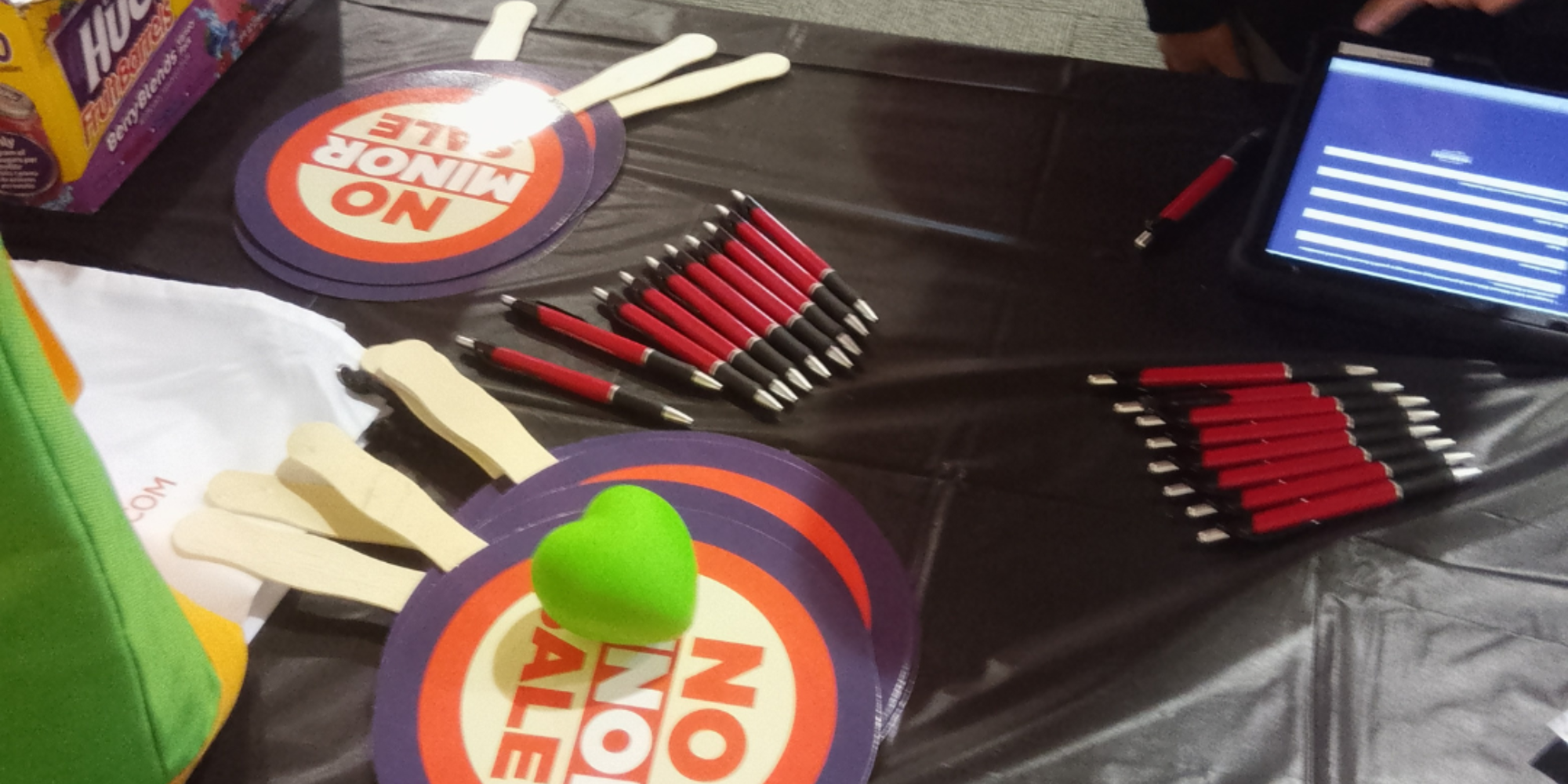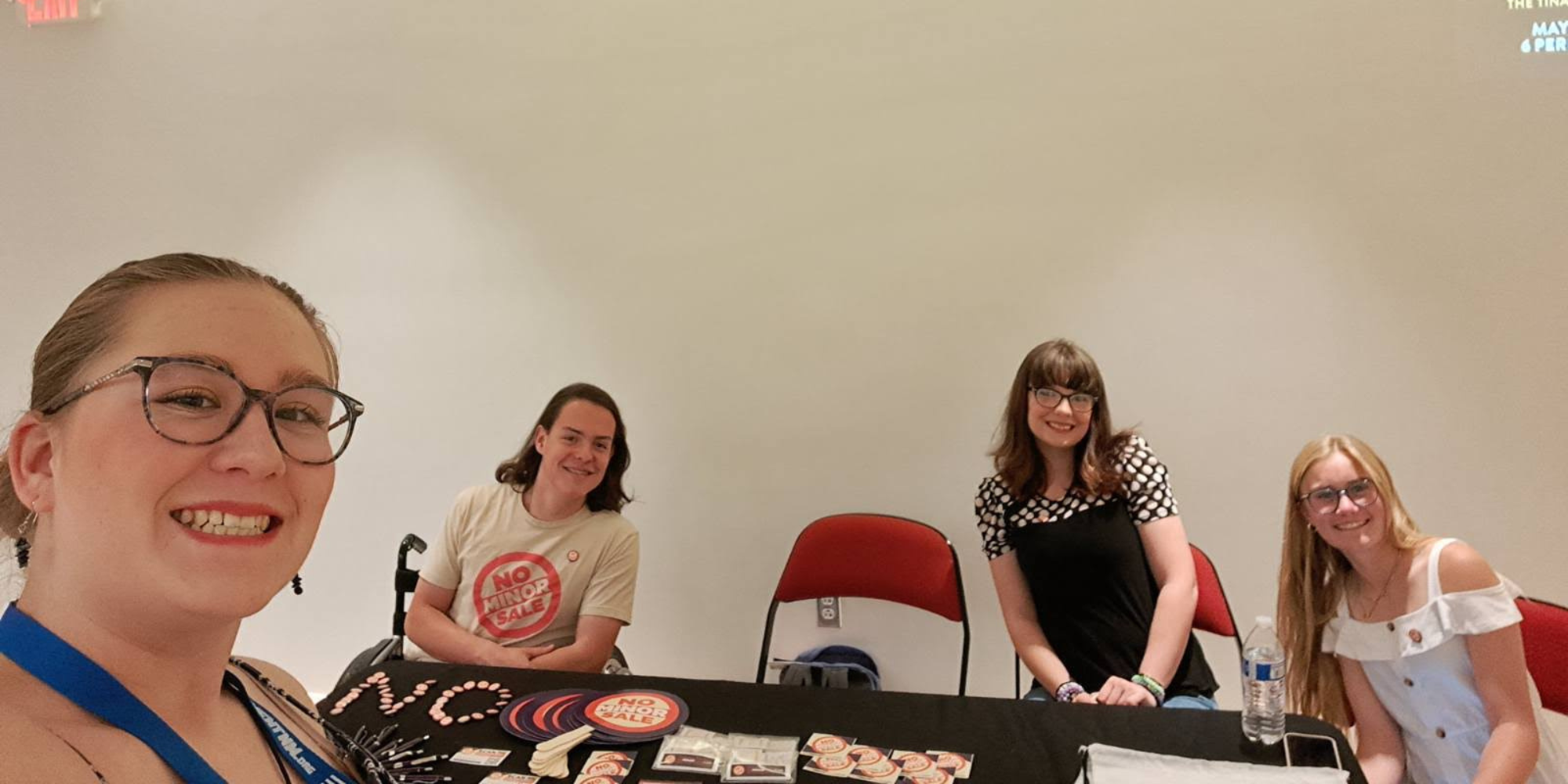
New Year, New Opportunities to Share Your Support
Do you have a New Year’s resolution? For No Minor Sale, it’s simple: get everyone in New Mexico excited to keep kids safe from tobacco by ending illegal tobacco sales to minors. Not sure if that’s for you? Check out some of the reasons people support the campaign from across the state:
- “I support No Minor Sale because I started smoking at 13 because it’s really easy to get tobacco at some of the stores here.”
- Sophomore, New Mexico Public Schools - “I am a 20 year smoker, I began smoking at the age of 14. I cannot say whether this was the gateway to addiction for me in my life, but eventually I had a drug and alcohol addiction. Although I am drug and alcohol free now, I still have not been able to quit smoking.”
- Blake, Anthony - “My dad started chewing tobacco and smoking when he was 16…and already has early signs of lung cancer. I don’t want to see other kids wind up like my dad…I want today’s generation to make it past 60 to live a healthy life and not let tobacco take control of their life.”
- Katy, Las Cruces - “No student should be able to get tobacco as they have enough to do in their lives!”
- Don, Albuquerque
What’s your reason for supporting No Minor Sale? Share it on our interactive map, and let people on your social networks know how important this issue is to New Mexico.



